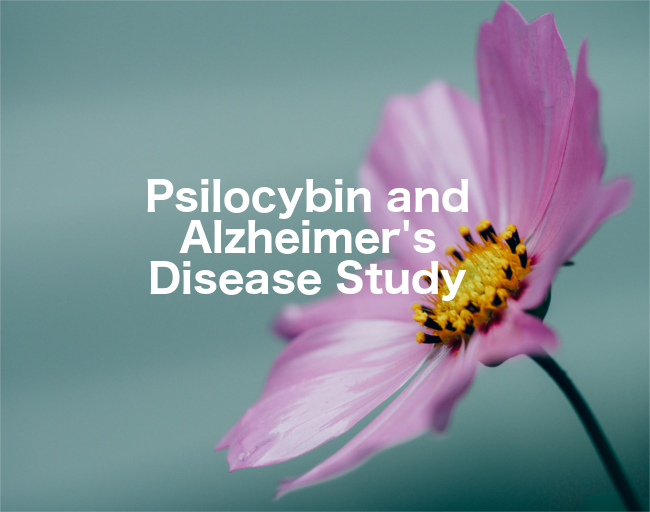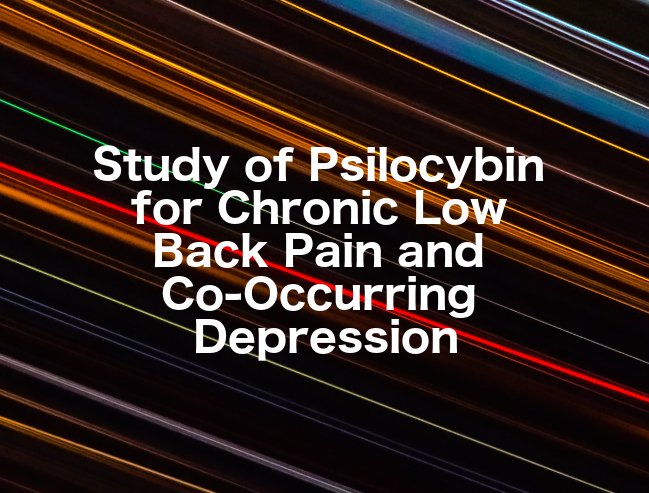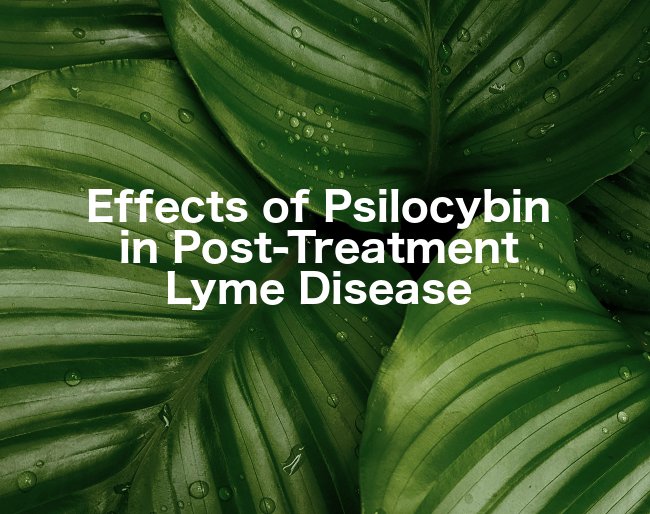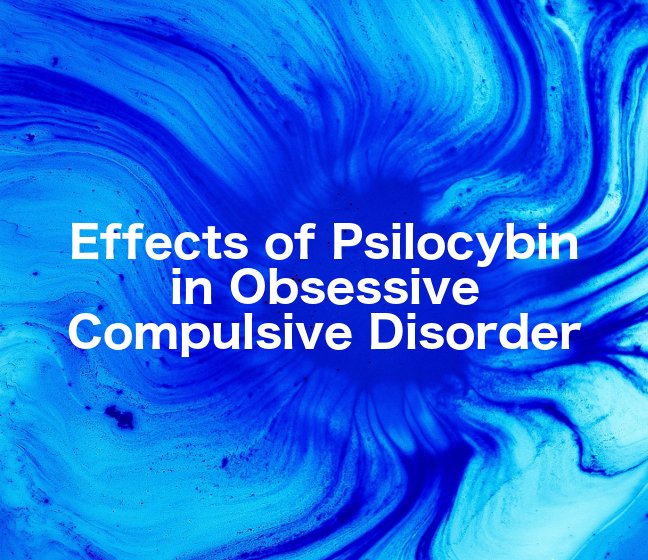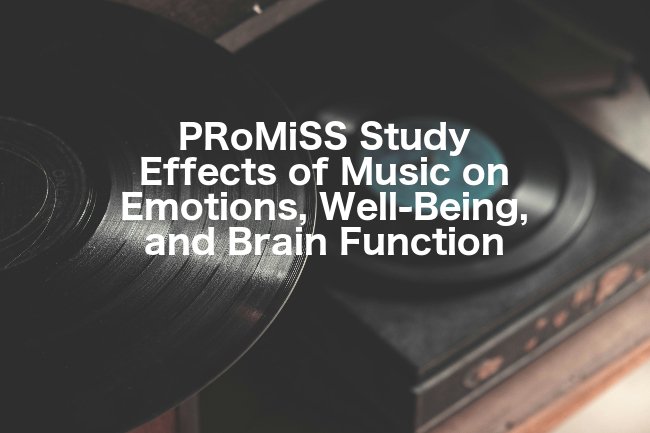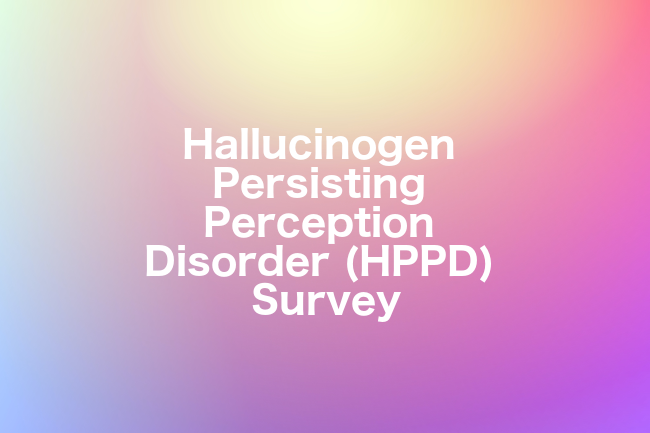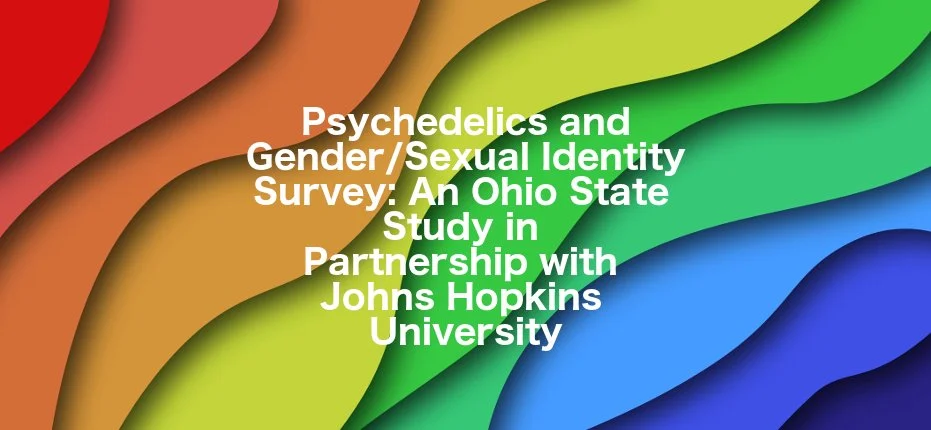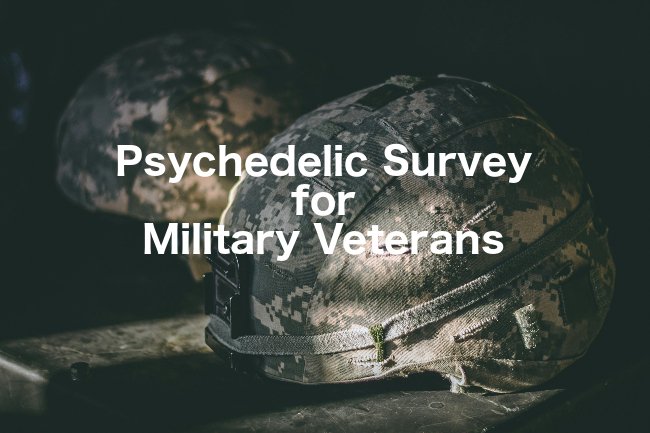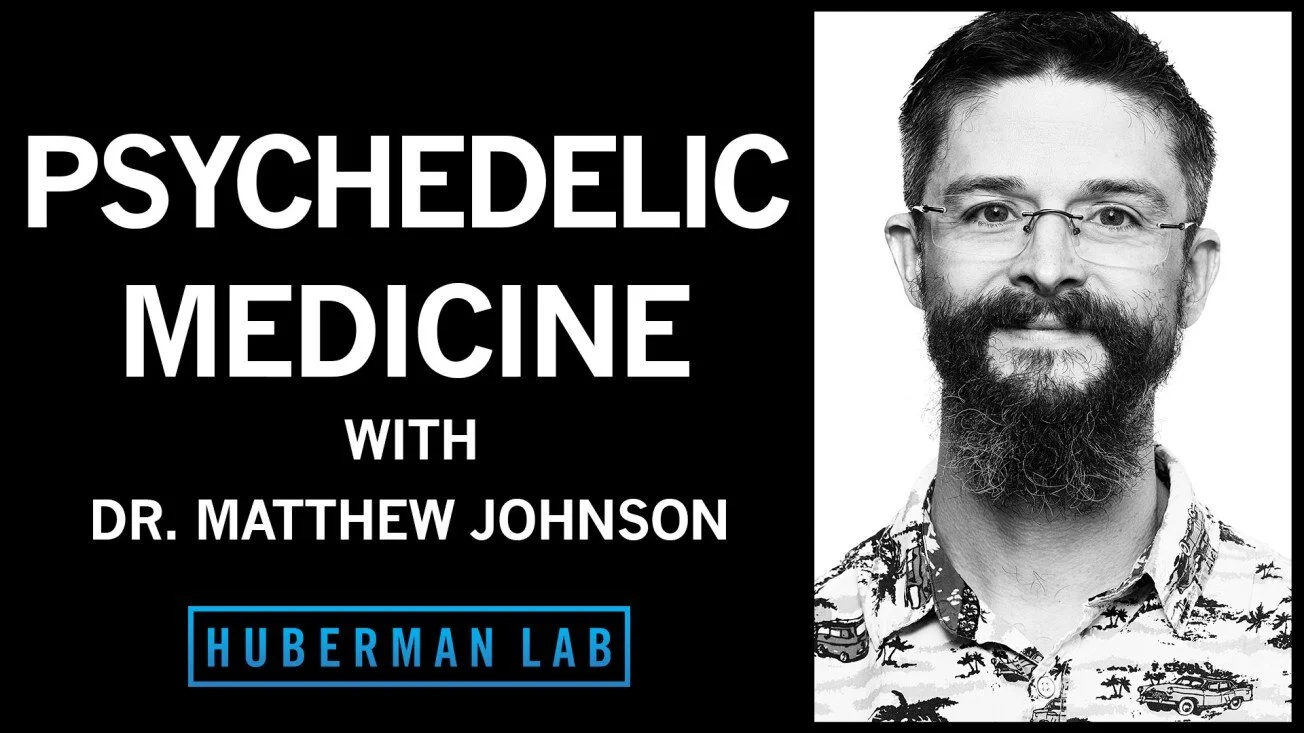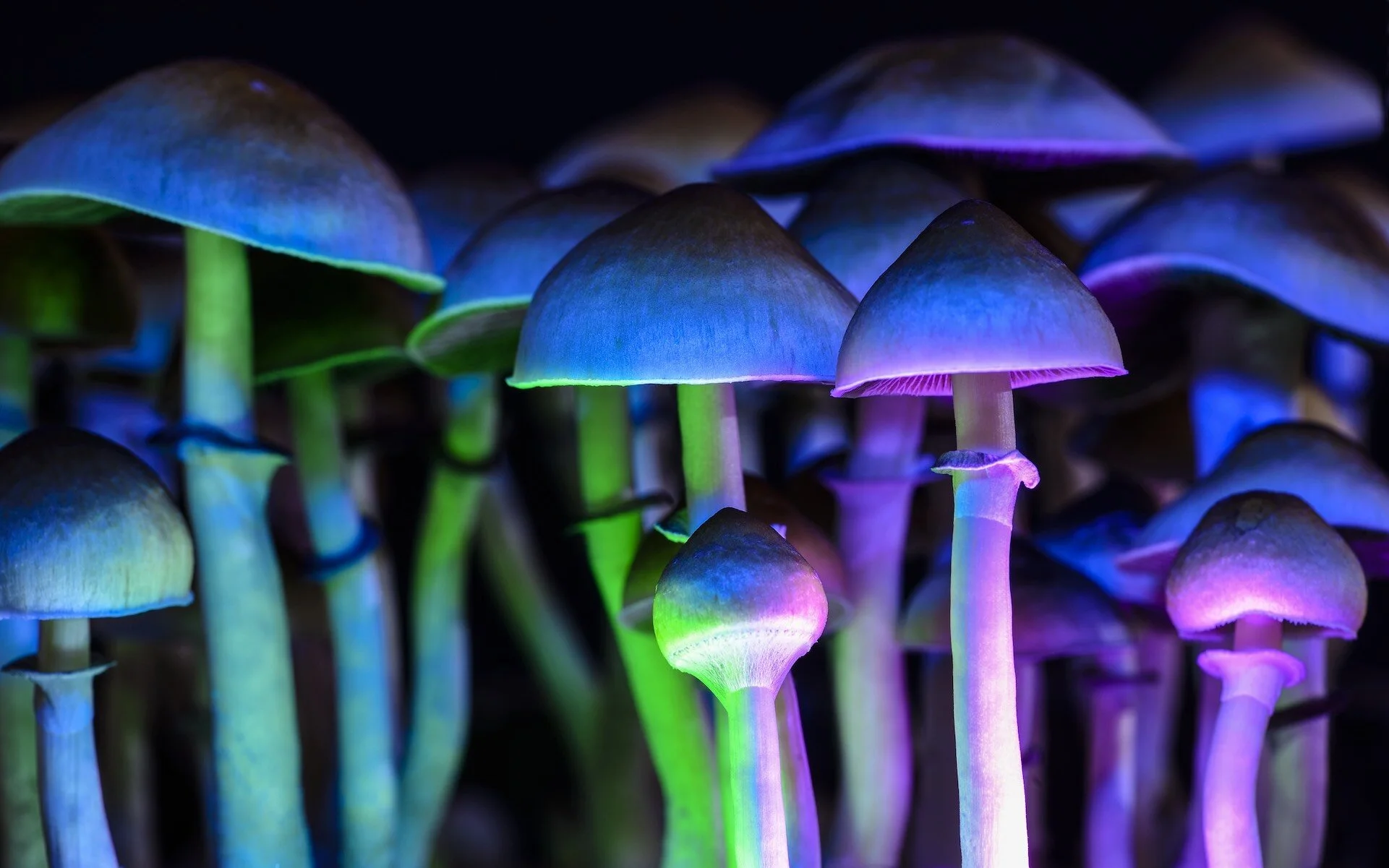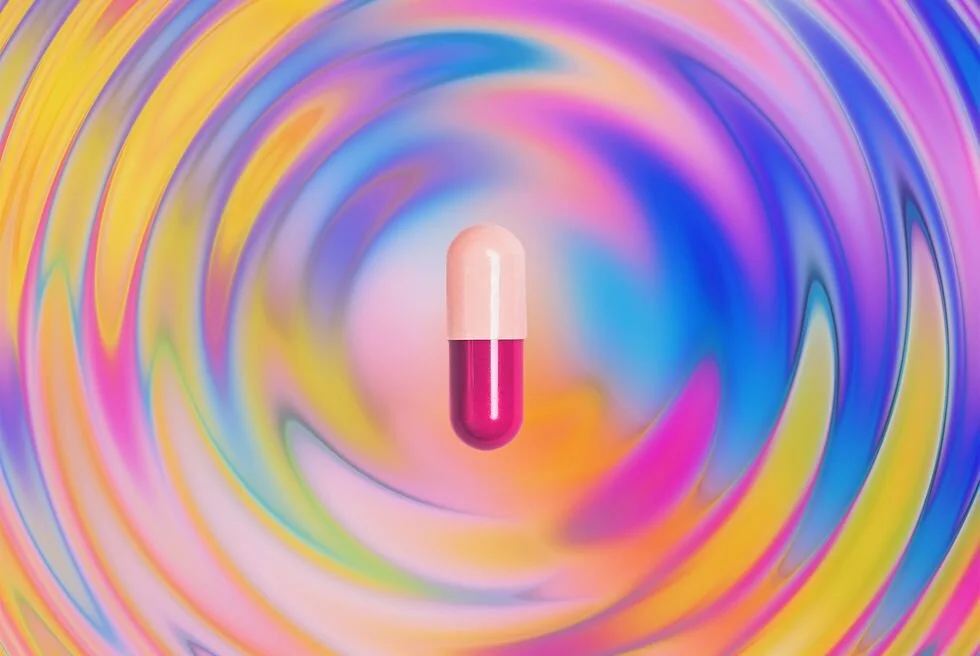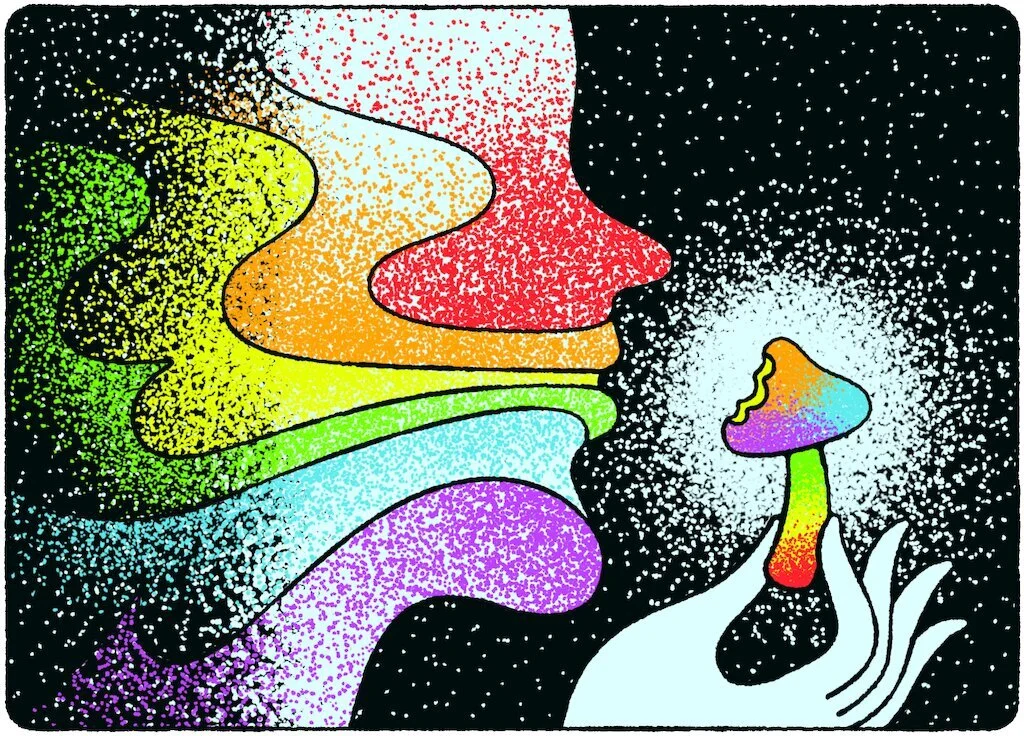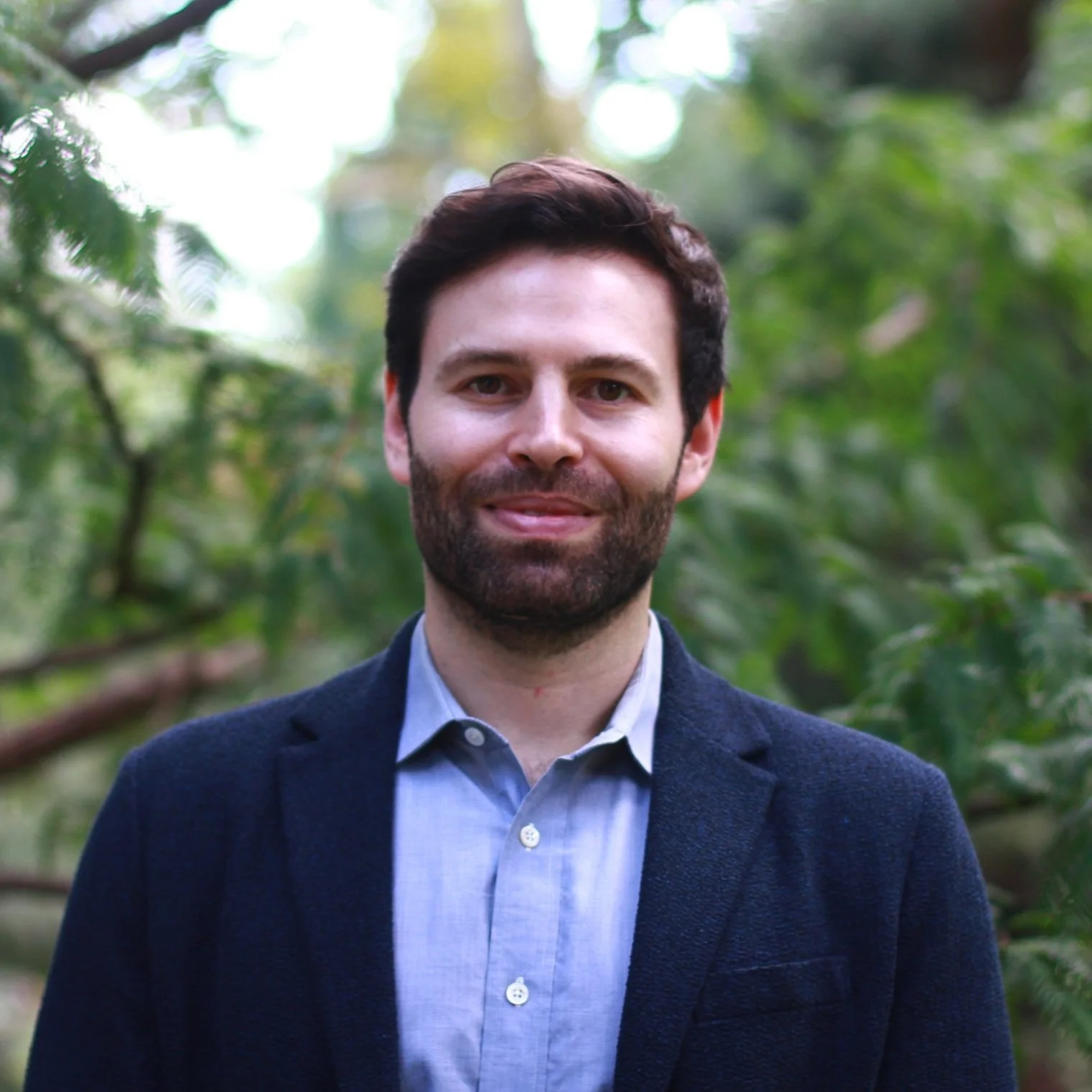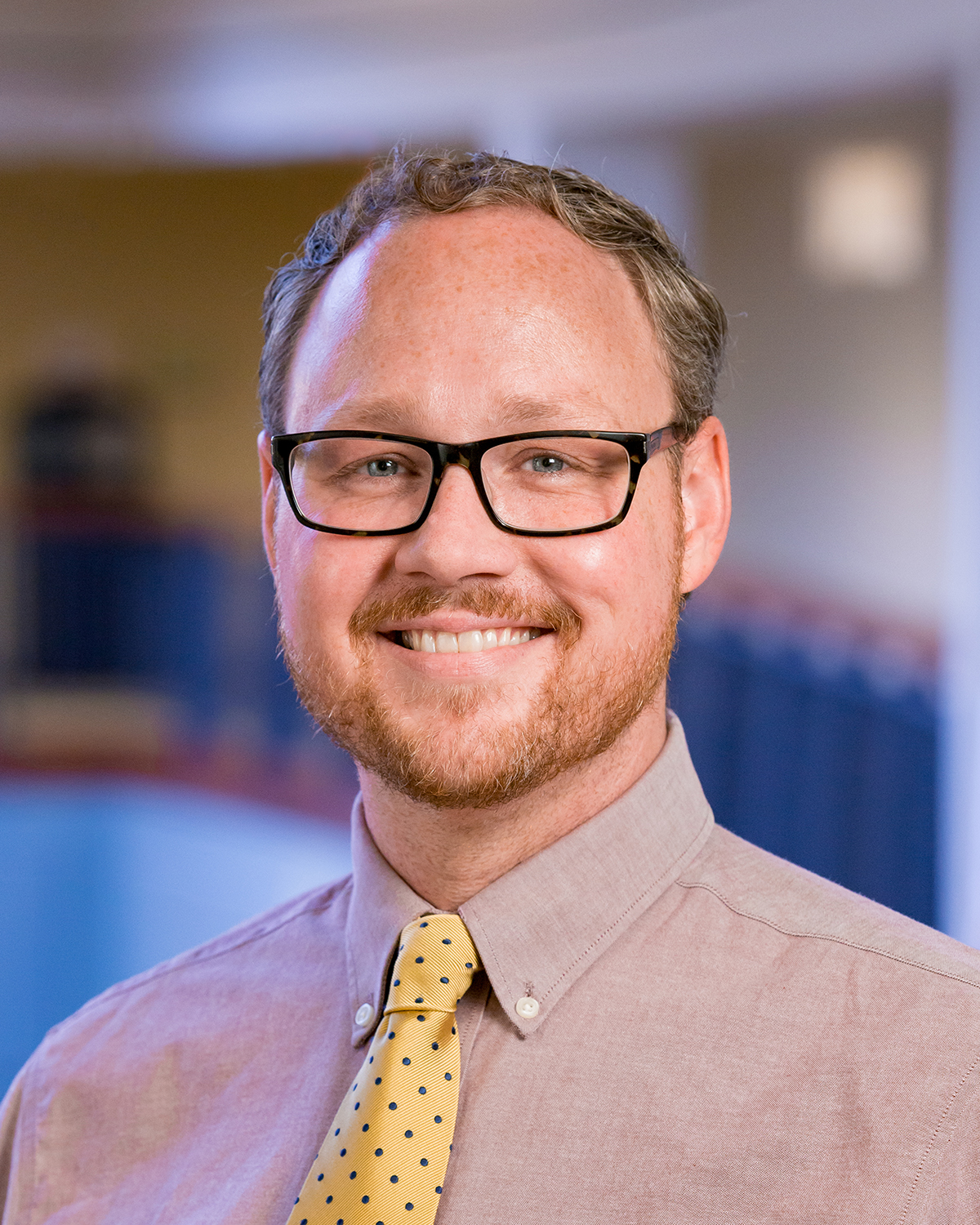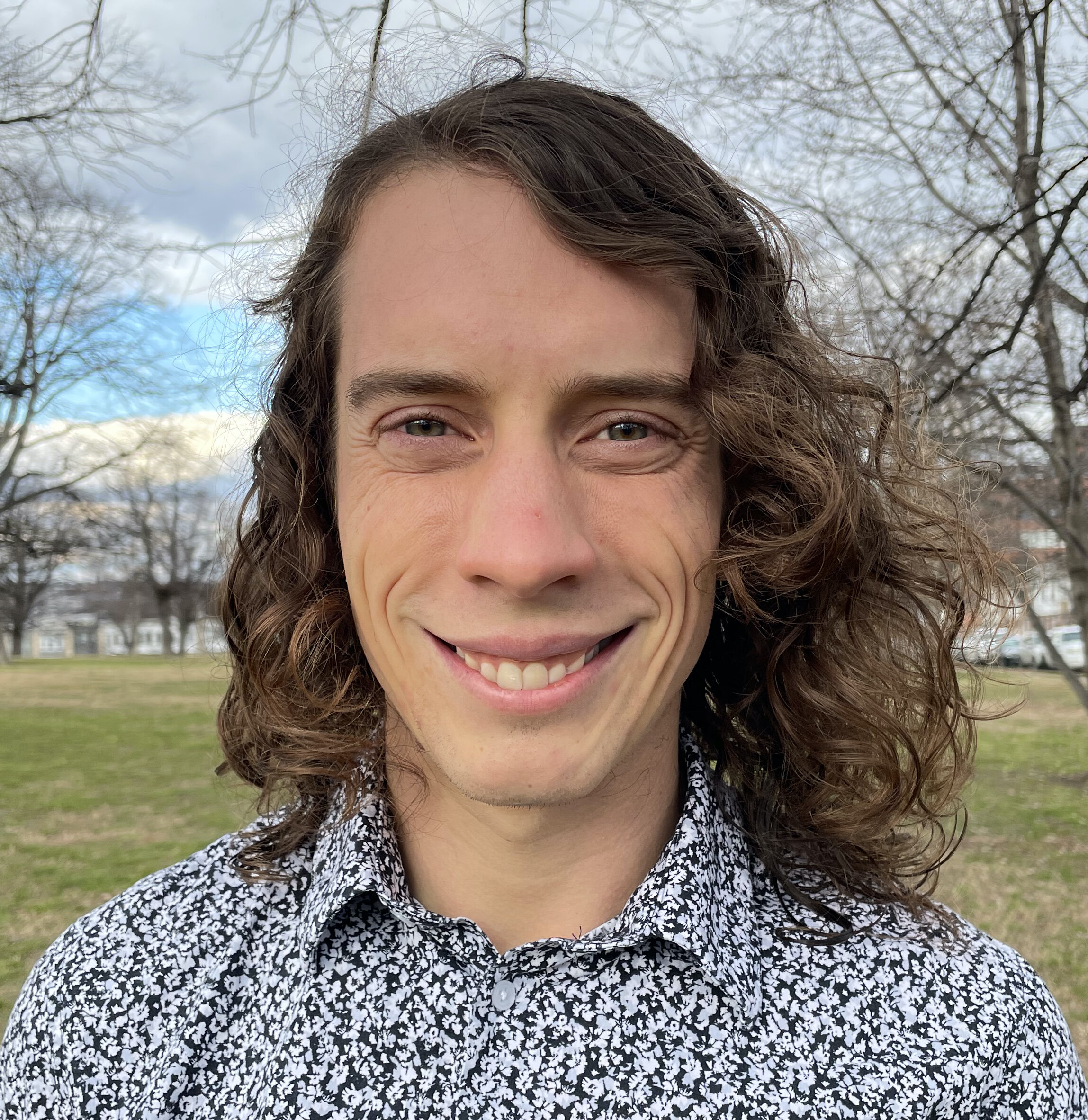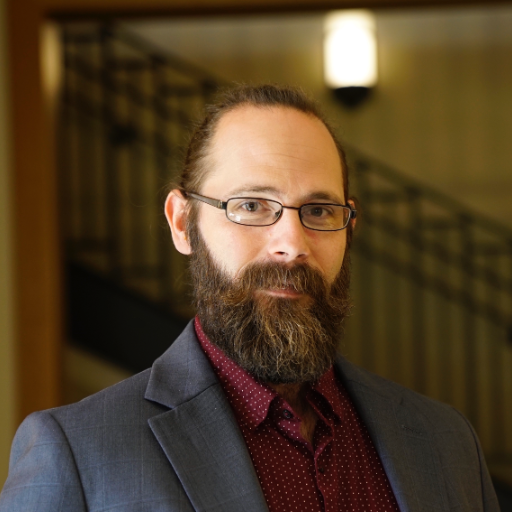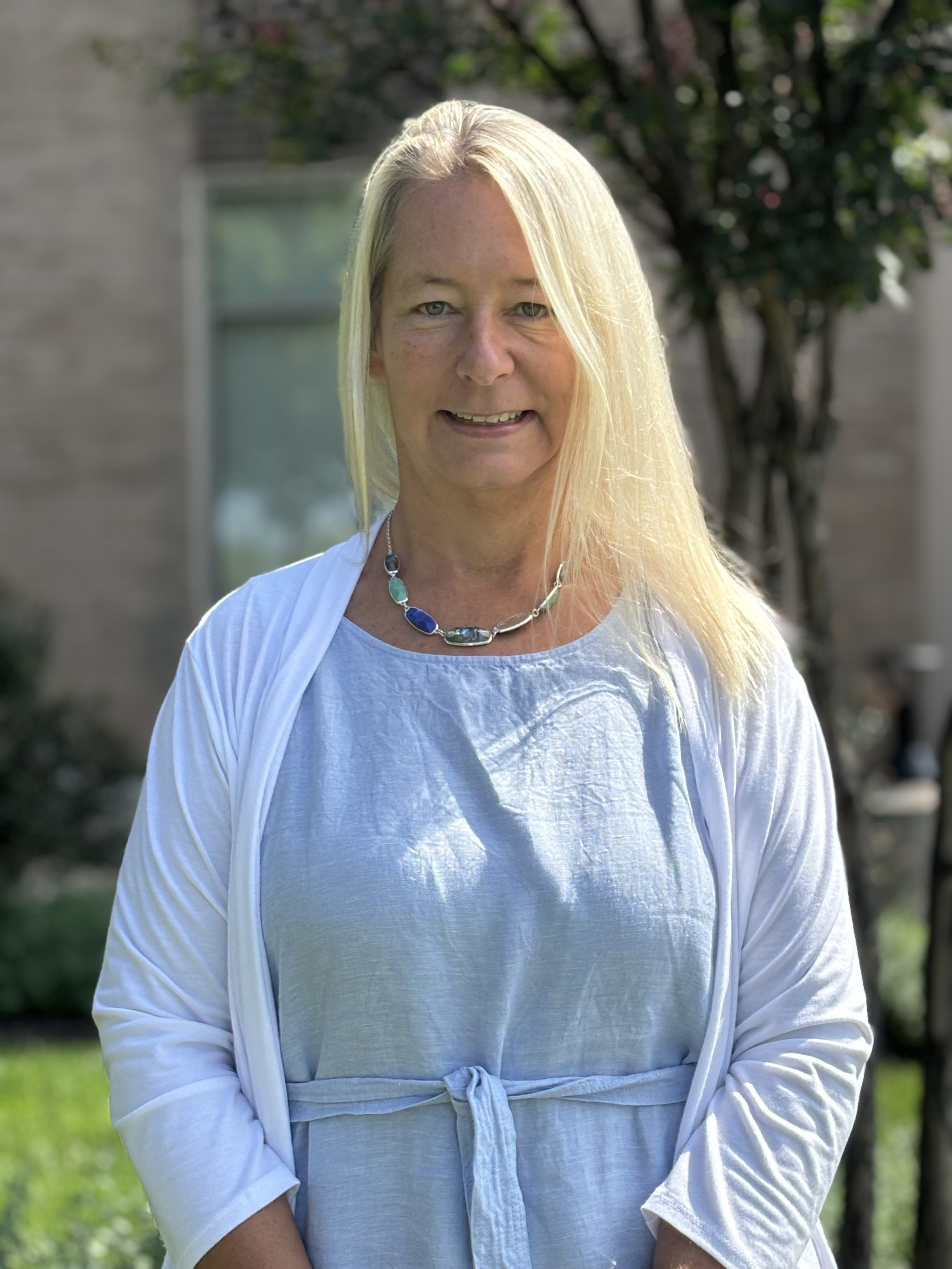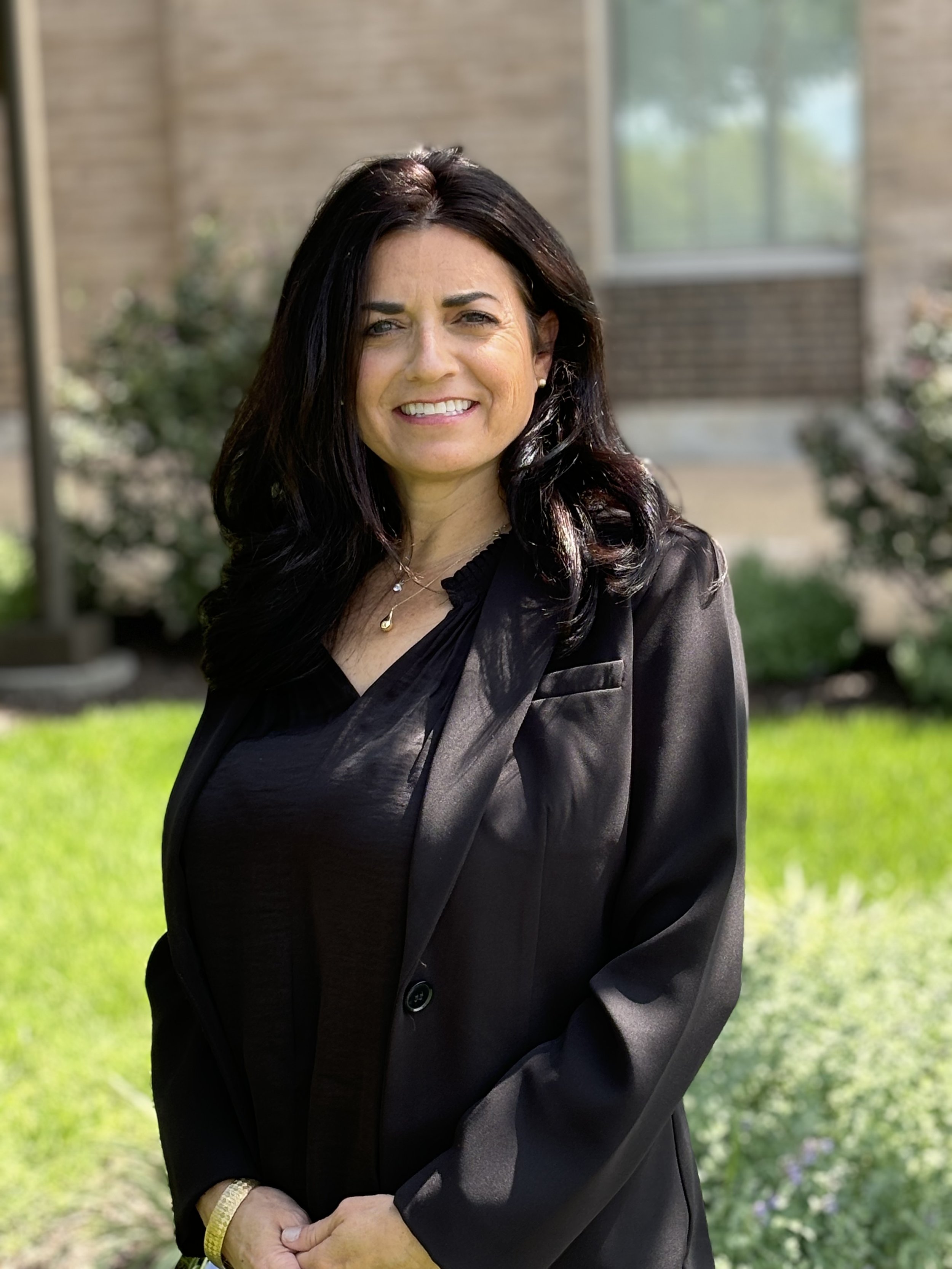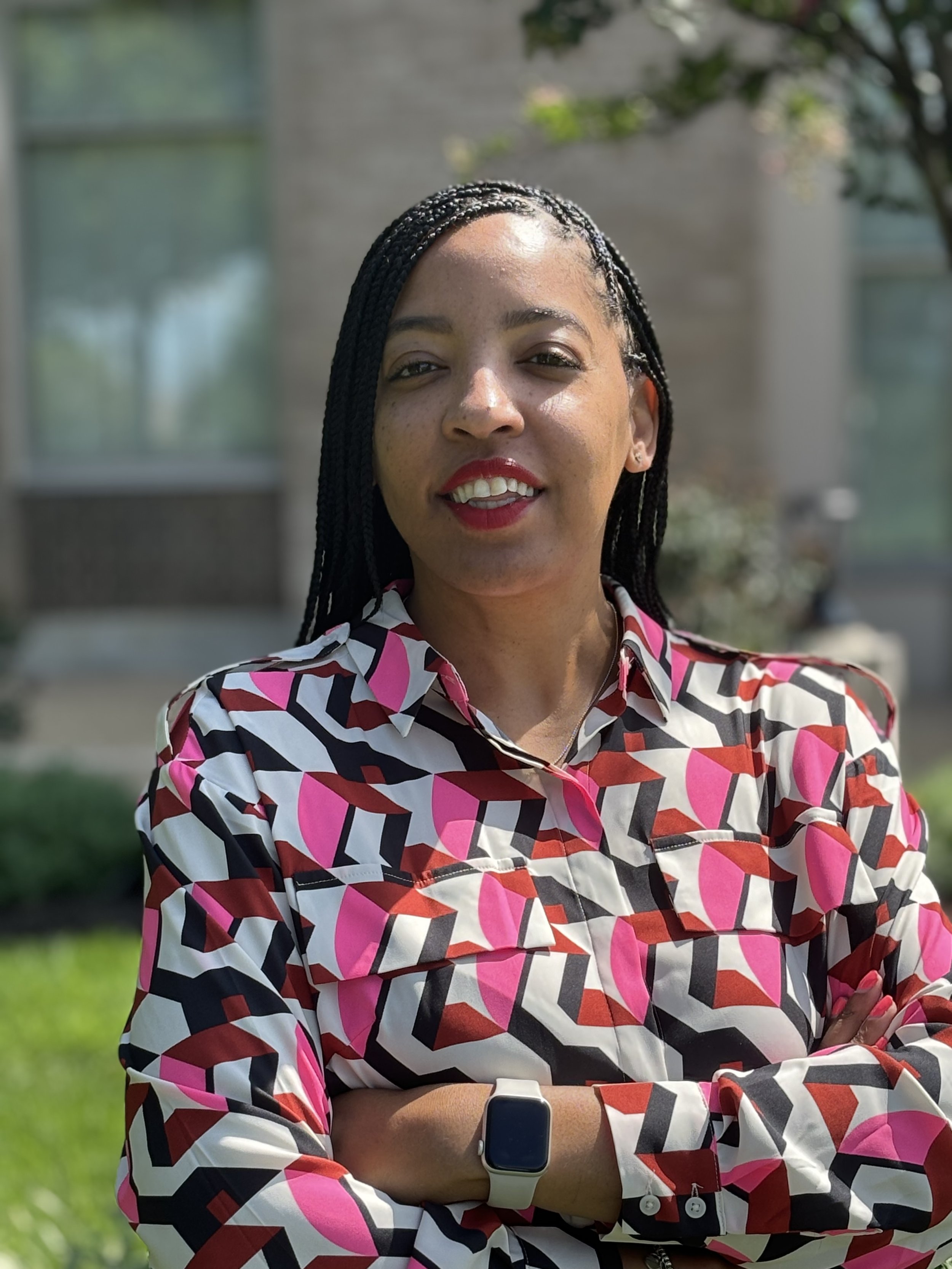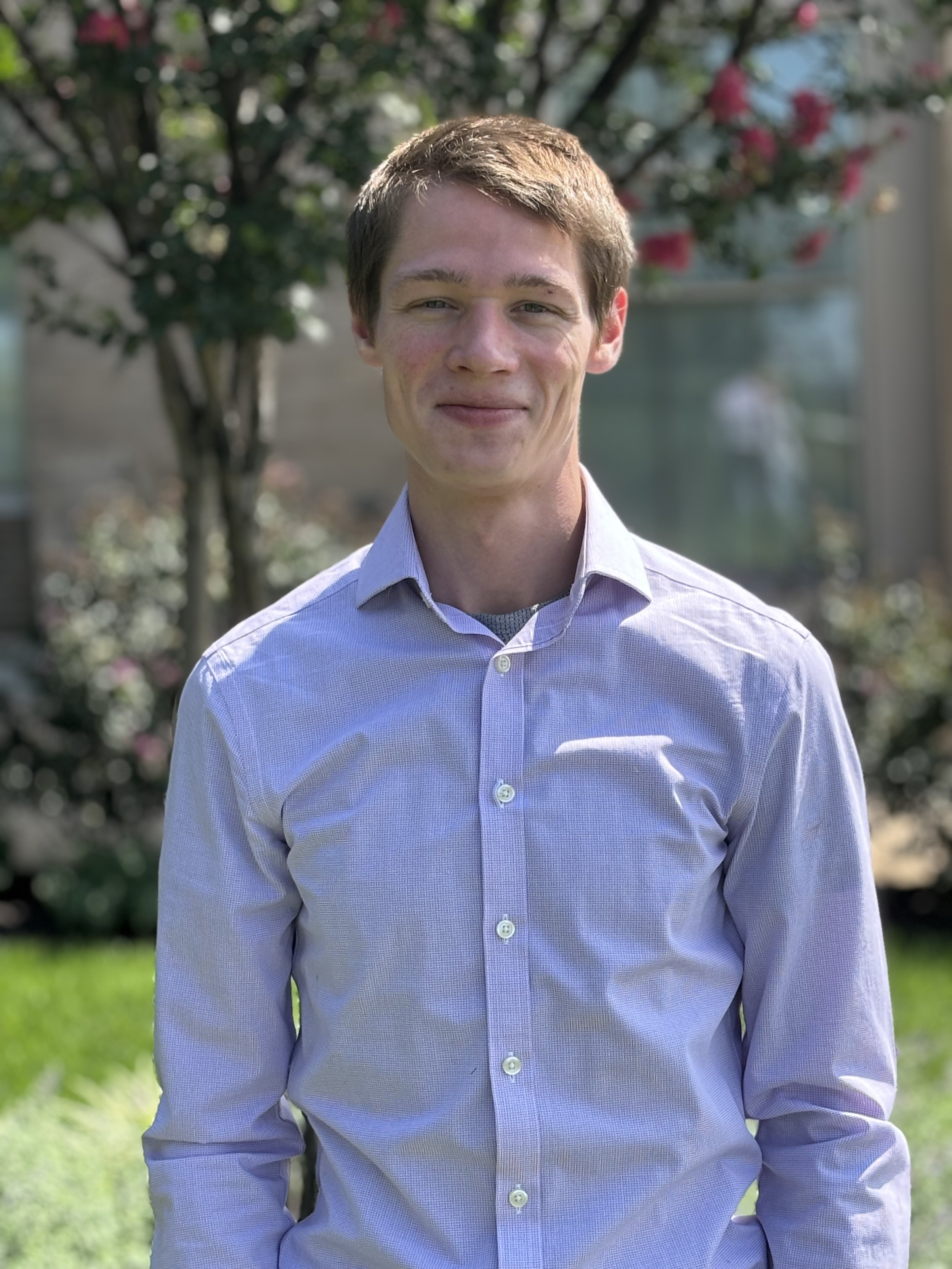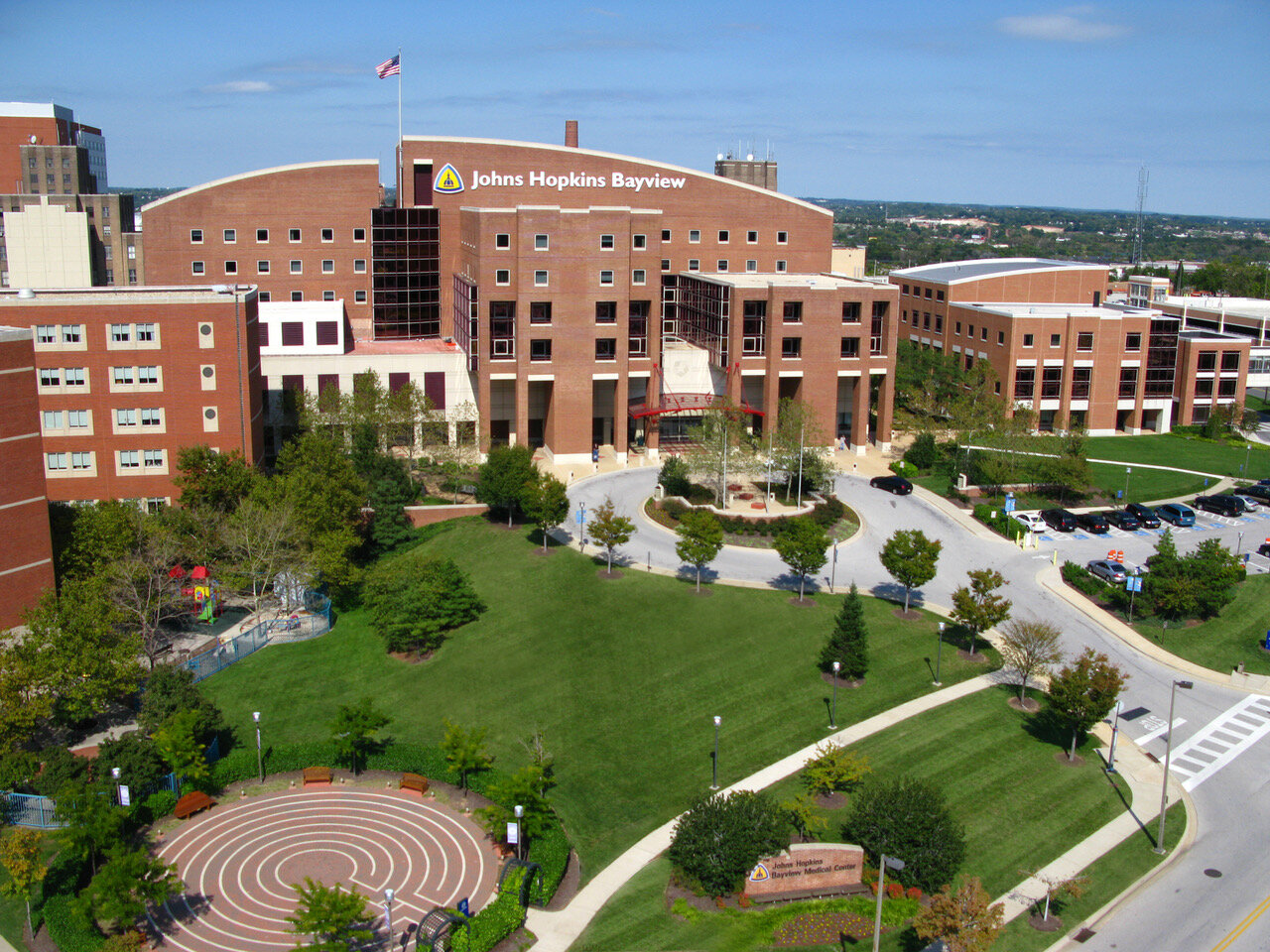Welcome to the world’s largest psychedelic science research center
Advancing the scientific understanding of psychedelics and their potential for treating mental health disorders, enhancing well-being, and expanding our understanding of consciousness.
Our Vision: To advance the scientific understanding of psychedelics and their potential for treating mental health disorders, enhancing well-being, and expanding our understanding of consciousness.
Scientists today are entering a new era of studying a truly unique class of pharmacological compounds known as psychedelics. Although research with these compounds was first started in the 1950s and ‘60s, it abruptly ended in the early 1970s in response to unfavorable media coverage, resulting in misperceptions of risk and highly restrictive regulations.
After a decades-long hiatus, in 2000 our Founding Director, Dr. Roland Griffiths, and colleagues at Johns Hopkins was the first to obtain regulatory approval in the United States to reinitiate research with psychedelics in healthy, psychedelic-naive volunteers. Our 2006 publication on the safety and enduring positive effects of a single dose of psilocybin is widely considered the landmark study that sparked a renewal of psychedelic research world-wide.
Since that time, we have published further groundbreaking studies in more than 150 peer-reviewed articles in respected scientific journals. This makes Johns Hopkins the leading psychedelic research institution in the U.S., and among the few leading groups worldwide. Our research is investigating therapeutic effects in people who suffer a range of challenging conditions including addiction (smoking, alcohol, other drugs of abuse), existential distress caused by life-threatening disease, major depressive disorder, anorexia nervosa, Post-Treatment Lyme Disease, depression associated with Alzheimer's Disease, and Obsessive-Compulsive Disorder. Studying healthy volunteers has also advanced our understanding of the enduring positive effects of psilocybin and provided unique insight into neurophysiological mechanisms of action, with implications for understanding consciousness and optimizing therapeutic and non-therapeutic enduring positive effects.
At the Center for Psychedelic and Consciousness Research, our mission is to answer the most important questions in psychedelic research, therapy, and clinical education, and broaden the field of psychedelic science in collaboration with the best multi-disciplinary scientists in the world. We will conduct rigorous clinical trials that adhere to the highest ethical standards while elucidating underlying mechanisms driving psychedelic effects and therapeutic efficacy. We will provide evidence-based education to clinicians and the broader community to contribute to the development of innovative therapeutic approaches that benefit individuals and society.



